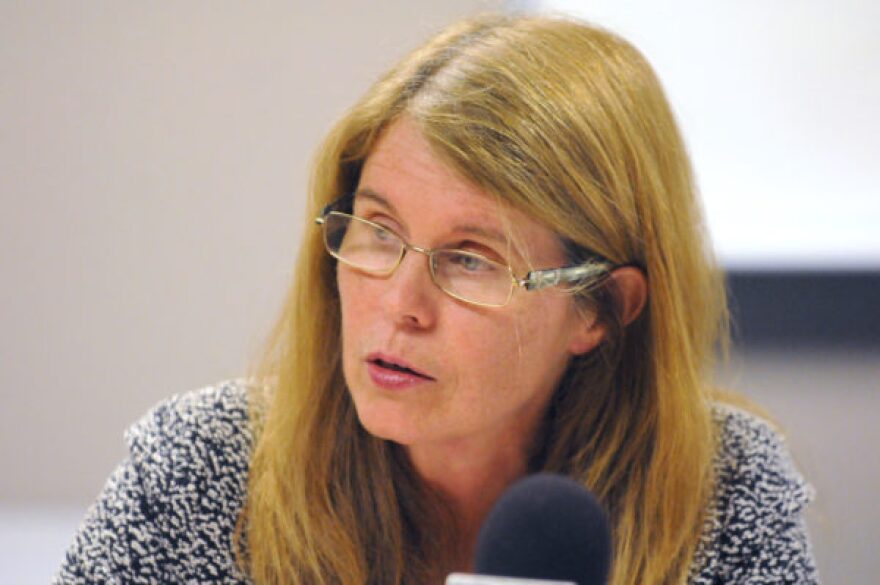The Maine Department of Health and Human Services last year reversed course and spent millions of dollars in federal welfare funds on a legally acceptable program — foster care — after the Bangor Daily News revealed in a Maine Focus article that it was spending the money in ways that violated federal law.The department had previously spent the money from the federal Temporary Assistance for Needy Families grant on services for the elderly when, in fact, the law states that the money must go to low-income families with children.
Following the BDN’s reporting, Maine DHHS reversed its unlawful spending, then spent $6.2 million in TANF funds on services for children in foster care, according to a federal report the BDN recently obtained through a Freedom of Information Act request.
To make the change, the state transferred the $6.2 million in TANF funds to another, less restrictive federal grant account, the Social Services Block Grant, before spending that transferred money on services for children in foster care.
The money supplemented the state’s $36.7 million foster care budget. DHHS earlier this year reported to state lawmakers that nearly 1,900 Maine children were in foster care.
Foster care is typically the most common service states fund with money they transfer from TANF to the Social Services Block Grant, according to federal reports. States are allowed to transfer up to 10 percent of their TANF allotment each year to the more flexible social services grant as long as they spend it on services for children or their families.
For Maine, that 10 percent works out to $7.8 million.
As of last year, Maine DHHS had accrued a $155.5 million balance of unspent federal TANF funds following years of a shrinking welfare caseload caused by a 2011 state policy change that limits low-income families with kids to five years of cash assistance.
As the department worked to spend down the balance, it used more than $13 million over two years in funds transferred from TANF to the Social Services Block Grant on services for elderly Mainers, including Meals on Wheels and in-home services that allow elderly residents to continue living in their homes as they age.
The spending was consistent with rhetoric from Gov. Paul LePage’s administration about prioritizing the needs of elderly and disabled Mainers over those who are “able-bodied.”
But the spending violated a 1996 federal law, which states that money transferred from TANF to the Social Services Block Grant “shall be used only for programs and services to children or their families whose income is less than 200 percent of the income official poverty line,” which works out to less than $41,000 for a family of three.
After the BDN detailed the unlawful spending in a June 2016 article, then-Health and Human Services Commissioner Mary Mayhew denied that her department had misspent the federal money.
“The BDN has their facts wrong,” she told reporters. “What we’ve done is to maximize our available resources through the TANF block grant. It is a block grant to the state, which means it affords the state the flexibility. We are in fact supporting more families other than just those who are receiving benefits.”
But the department later quietly reversed the spending, retroactively covering the services with money from the state General Fund. In October 2016, State Auditor Pola Buckley cited DHHS for “improper management of funds at the agency level” in a rare report in which she said the state agency “took an overly aggressive approach” that signaled “troublesome” management of federal grant awards.
Maine DHHS had also spent funds transferred from TANF on services for elderly Mainers in 2015, and similarly reversed that spending following the BDN’s reporting.
Emails later obtained by the BDN showed that staff members in Mayhew’s office were aware that federal law prohibited their use of the federal welfare funds on services for the elderly. They also had warnings from state finance staff that the spending was questionable. Mayhew later promoted the staff member who oversaw the spending, Sheryl Peavey, to the top position at the Maine Center for Disease Control and Prevention.
Maine Focus is a journalism and community engagement initiative at the Bangor Daily News.
This story appears through a media sharing agreement with Bangor Daily News.


